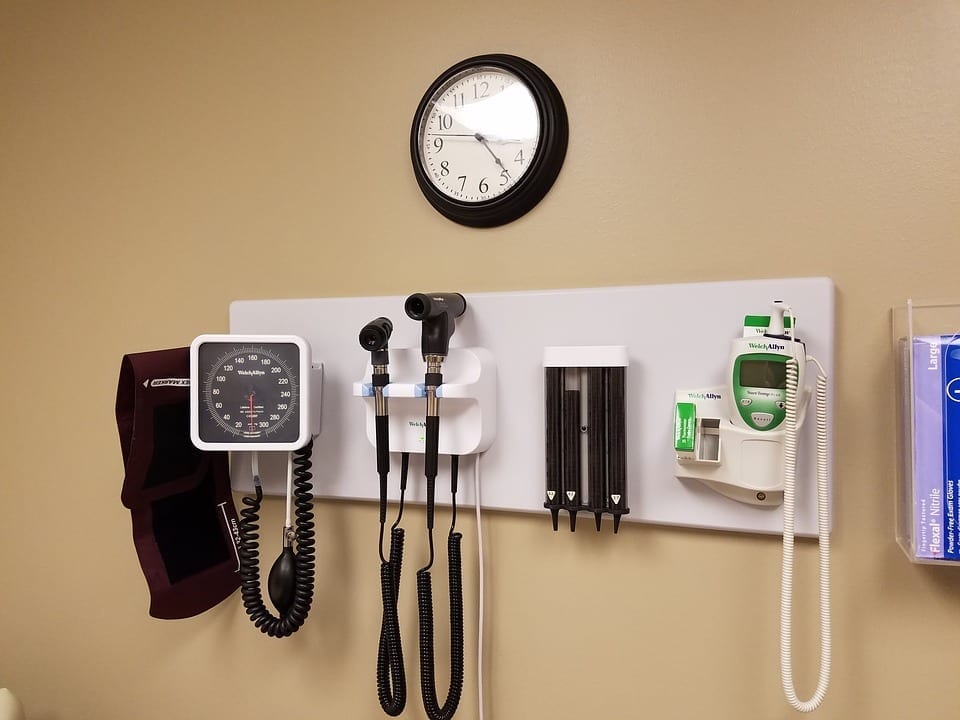Connecticut has a major problem. They’re losing doctors left and right, creating an impending health care crisis for those in need of medical care throughout the state. When discussing the matter, Matthew Katz of the Connecticut State Medical Society said, “We are not back-filling, we do not have new physicians coming to the state,” and added that “fewer and fewer young doctors are choosing to practice in Connecticut.” For the state’s health care situation down the road, this can have dire consequences, especially when you consider the fact that “a third of physicians in the state are over the age of 60” and nearing retirement. So, where are all the doctors going?
Connecticut has a major problem. It’s losing doctors left and right, creating an impending health care crisis for those in need of medical care throughout the state. When discussing the matter, Matthew Katz of the Connecticut State Medical Society said, “We are not back-filling, we do not have new physicians coming to the state,” and added that “fewer and fewer young doctors are choosing to practice in Connecticut.” For the state’s health care situation down the road, this can have dire consequences, especially when you consider the fact that “a third of physicians in the state are over the age of 60” and nearing retirement. So, where are all the doctors going?
Despite that fact that Connecticut is home to some of the country’s top medical schools like “Yale University, the University of Connecticut and Quinnipiac University,” many doctors who finish medical school in the state end up leaving for jobs in “Detroit or South Dakota,” according to Katz. Dr. Paul Fortgang, an ear, nose and throat specialist, chimed in on the topic, saying, “even the residents we know very well don’t want to stay in Connecticut.”

Why aren’t doctors staying to practice in Connecticut, though? Well, according to Dr. Fortgang, there are many reasons behind the issue. For starters, he said:
“Some has to do with Connecticut’s tax structure, the influence of the two main medical centers, Yale and UConn, being so powerful…Liability insurance is higher in this state in many fields than other states.”
Katz also claims Connecticut’s regulatory system is partly to blame and should be addressed. When discussing the regulatory system and aspiring doctors, Katz said:
“They can’t do certain things without state approval. They can’t buy equipment, they can’t provide surgical services. That isn’t the case in most places in the country, so we have a regulatory system that burdens physicians.”
Others, like State Senator Heather Somers, Co-Chair of the Public Health Committee, agree there are certain things that need to be addressed and changed in order to retain quality doctors. She stated, “so, there are layers and layers of licensing and bureaucracy here in Connecticut…Why do we regulate something that’s already regulated by the federal government?”
Somers also added that while legislative efforts to bring about meaningful change have been attempted, they’re often met with “pushback from the legal community.” She’s one of many who believes the state can be doing better, and noted that “Massachusetts is just one of the states doing a better job than Connecticut when it comes to recruiting and retaining young M.D.’s.” She added:
“They’ve come up with a new medical malpractice system that has really eased that process…It’s reduced their costs by about $2 billion, what I call, ‘define or preventative medical extra tests and procedures’ that are done just to prevent a doctor from being sued with a malpractice case.”
What does a doctor shortage mean for Connecticut patients down the road, though? Well, for starters it means wait times will get longer. It also could mean people might have a more difficult time getting accepted into a new office as more and more doctors retire or move out of state.
Sources:
Connecticut sees concerning number of doctors leaving the state
As Doctor Shortage Looms, Connecticut Wants To Keep Them In State


Join the conversation!